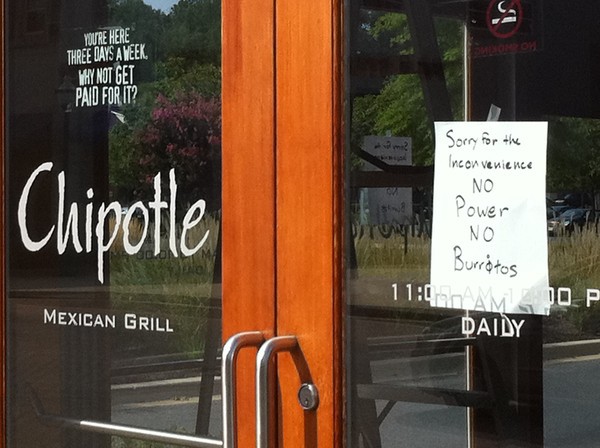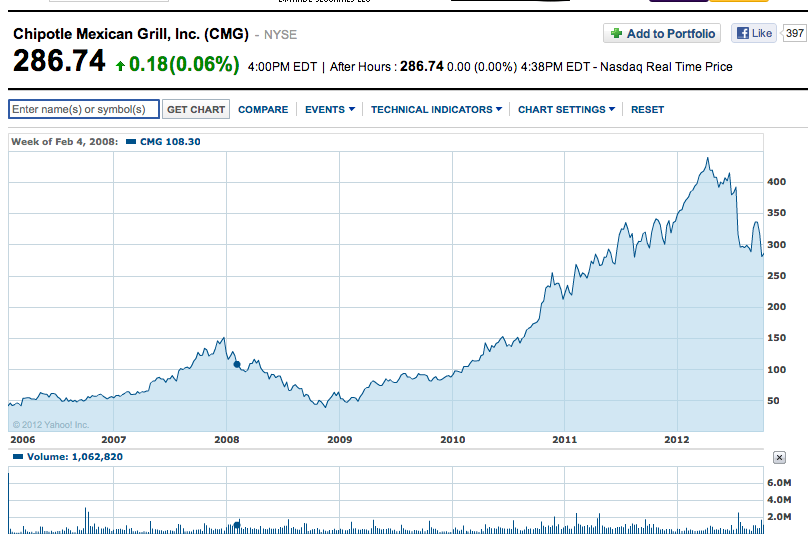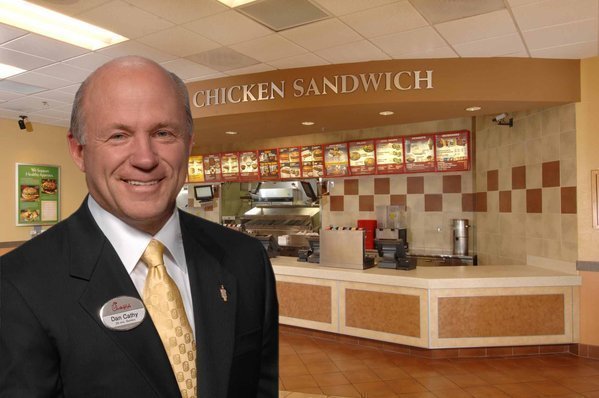Specifically, ones who submit to the Carnival of Wealth.
Dude, look at you in your Paul Fredrick shirt and snappy tie. Nothing personal, but writing isn’t your forte. Either farm that out, or learn to communicate.
We received a post from Scott Skyles at Mortgage 1a for Monday’s CoW. It’s got a valid and helpful point or two, but expecting readers to mine them out of the dross that surrounds them was too much work. Plus Mr. Skyles finds some industry terms necessary to define, but not others, with no apparent consistency.
Instead of being just another entrant in the CoW, this warranted its own, follow-up post. Here’s our CYC version of Scott’s explanation of the difference between FHA vs. conventional mortgages, followed by the impenetrable original, followed by our comments.
Should you get a mortgage backed by the Federal Housing Association, or a conventional one not insured by the federal government?
With the latter, you’ll have to put up 1/5 of the purchase price. You can put up less, but you’ll have to pay something called private mortgage insurance every month until you’ve paid off 1/5 of the principal.
With an FHA loan, you can put down as little as 3½%. The tradeoff is that you still have to pay the FHA’s version of private mortgage insurance, either for 5 years or until you’ve paid off 22% of the appraised value – whichever comes later.
And now, Mr. Skyles’s original:
While conventional and FHA (Federal Housing Association) mortgages have some similarities, there are distinct differences between the two and it is important for anyone who is considering taking out a mortgage to understand the differences in order to borrow in a way that best suits their specific financial and home buying needs.
Conventional Mortgages
A conventional mortgage is defined as any type of mortgage that is not insured by the Federal Government. Conventional mortgages are offered by credit unions, banks, and mortgage companies and brokers. The largest secondary market organizations that offer conventional mortgages are Freddie Mac and Fannie May. Conventional mortgages will usually require a down payment of around 20 %, but in today’s real estate and mortgage market, there are programs that may allow for a lower down payment if the borrower meets certain qualifying criteria.
With conventional mortgages, borrowers that are allowed a lower down payment are required to pay private mortgage insurance, also known as PMI. Once their loan-to-value amount is under 80%, they are no longer required to pay PMI insurance. It sounds complicated, but it is actually quite simple, as the LTV can decrease as the mortgage is paid down, as well as if the value of the home increases during the length of the loan. Conventional mortgages also take a borrower’s credit very seriously. In today’s market, if a credit score has blemishes or considered a possible risk, their application could be turned down.
FHA Mortgages
The FHA is not a direct lender, so their terms and conditions differ as far as credit and insurance. They insure FHA- approved lenders, and they are very specific about their terms. They take a classic approach to lending and they do not offer boutique loans. FHA-approved lenders are restricted to offering fixed rate loans, and the adjustable rate mortgages that they do offer are very conservative, which allows home buyers to easily understand their mortgage terms and manage their payments and insurance accordingly. For the first five years of an FHA loan, the borrower is charged an insurance premium that is added to their monthly payment. This payment is required until the borrower’s LTV decreases by at least 78%.
The down payment required for an FHA mortgage can be as low as 3.5 %, and the lenders also make their final lending decision using the “old fashioned” standards. Credit is still a consideration, but an FHA lender will also consider employment and rental payment history as part of the borrower’s profile. They will also give the borrower a chance to explain why their credit score may be less than satisfactory. FHA lenders consider the whole package, and this can be very helpful for first time home buyers, as well as anyone who may have experienced a run of bad luck due to the troubled economy.
Making an Informed Decision
While conventional and FHA loans both offer reasonable terms, it is ultimately up to the borrower to decide on the best type of mortgage to suit their specific needs. Buying a home is a big step, and it is important for borrowers to be educated on their options before signing on the dotted line. First time home buyers may benefit by consulting with a financial expert who can advise them on the various specifics of the two mortgage programs, and it may also be helpful to consult with a knowledgeable real estate agent or broker. By taking the time to weigh out the differences, home buyers can make an informed decision on their borrowing options.
You still awake? Of course you aren’t.
We shrank that to 1/6 of its original size and didn’t lose anything. This is why most people find personal finance and related topics so freaking boring. Most of the people who fancy themselves experts in the field couldn’t convey a thought to save their lives.
Which is why you should buy our book. 326 easy-to-read and informative pages that start with the assumption that you’re smart and value your time, but that you know nothing about money. We start with your standard checking account, and by the time you get to the end you’ll know
- How to do your taxes
- How to do your taxes without getting screwed, which is something quite different
- How to invest, buy stocks, buy mutual funds, buy a car, buy a house, finance house, and more
- How to start your own business so that you’re not at the mercy of some soulless boss who will shove you out the door the moment you become less profitable than a replacement might be.
No interminable paragraphs, we promise. Order it on our site (link up and to the right) and we’ll throw in one of our killer ebooks, too.







